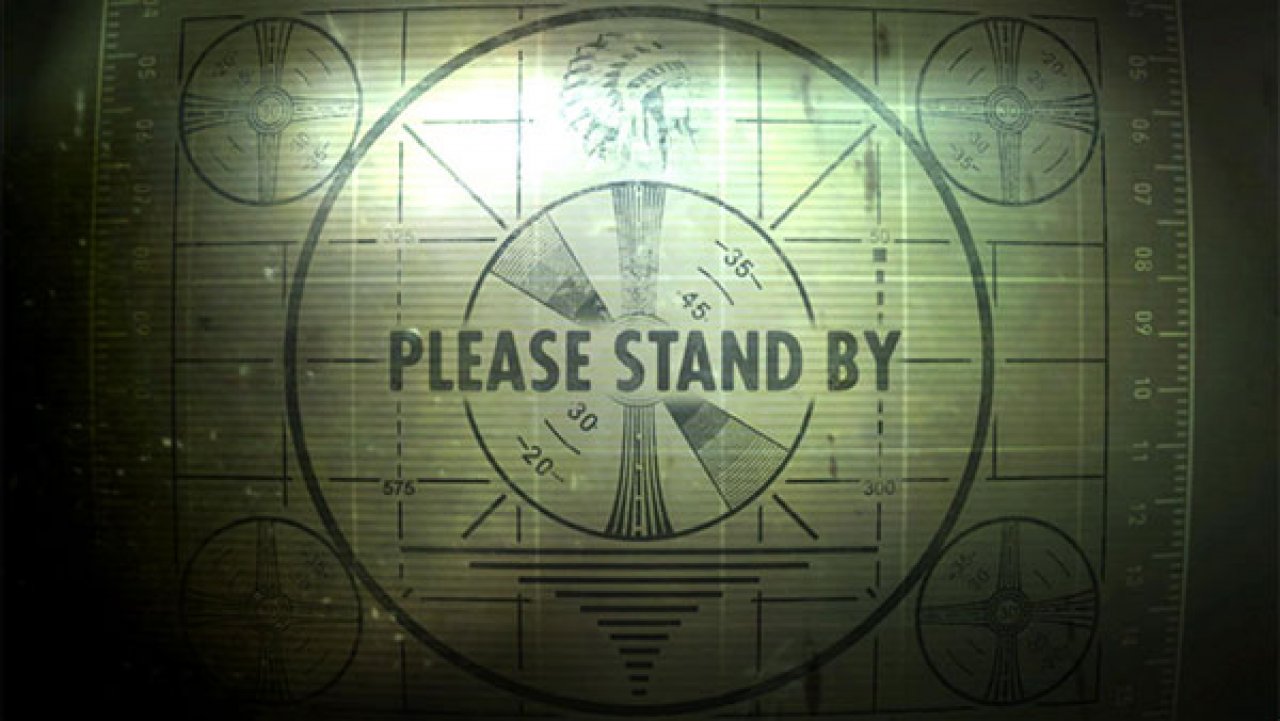It’s fair to say that one of the most appealing aspects of video games is having a choice.
Unlike films or books, which have a linear progression, many successful video games give the player the option to take different pathways during the story, allowing players to play however they want, within limits of course. Other games have dialogue options, which don’t usually change the story’s progression, but do give you a sense of developing your character the way you want to. Unfortunately, most modern games do little to be innovative as far as players’ choices go, and this could not be clearer than in a game’s morality system.
A morality system functions as several things in a video game. In theory, it gives a player the choice to play however they want and can branch a story off onto different pathways, leading to multiple endings. This creates the illusion of choice, because there are rarely more than two options given to you. The problem with morality systems is that many times, your choices are bare-bones, constricting you to either acting like a saint-like martyr character, or a deranged maniac killing anything you see. I’m really glad these kinds of games understand how morality works in real life, because as everyone knows, there are only two kinds of people in the world: Mother Teresas and Adolf Hitlers. Of course video games aren’t necessarily supposed to imitate reality, but as a player, you want to feel like the character in your game, and it’s hard to relate to a goody two-shoes boy scout or an emotionless serial killer, because they’re not realistic. Everything about humans, from our personalities to our goals, are complicated and can’t be simplified as either “good” or “bad.” Telltale’s The Walking Dead is a great example of a game where you decide on the morality of your own choices. Since you’re living in an apocalyptic world, morals are skewed and survival becomes a top priority. Considering this, is it really “bad” to steal food from a car when your group is starving? You could make a claim for either side of the argument, and that’s what makes an interesting moral choice- having things be gray and unclear. Morals shouldn’t be clearly defined; they should make you think and question your decisions.
Another large problem with morality systems is that your choices have little to no impact.
Fallout 3 for example, has a broken morality system where it’s far too easy to “grind” your way from one extreme side of the moral spectrum to the other. You can kill dozens of people and steal everything a town has to offer, making you “Very Evil,” but all it takes is donating a couple thousand caps to the Church of Atom to become “Very Good.” Your previous actions have no consequences when you can just jump between moral sides whenever you want, which makes the morality system almost pointless to begin with.
Some games, however, do address these issues. Undertale, for instance, is a game that has a clear understanding of what morality is. One of the game’s mechanics allows you to spare enemies if you wish, but killing them doesn’t necessarily make you “evil” either. You play as the only human in a monster-filled world, so it’s understandable to defend yourself from monsters who are trying to kill you. Another thing that works with the morality system is that your choices matter. Each monster you kill (or don’t kill) can completely change how characters ingame talk and interact with you. Your ending will change too. It’s great that when a character dies in Undertale, their death is permanent, and you feel the consequences of your actions, just like in real life. Friends of that character you killed will resent you, and that resentment will last throughout your playthrough. You can’t bribe your way back to good moral standings in Undertale.
I’m probably looking too deeply into this topic, but morality systems are a way for players to truly become invested in a game’s story and its characters.
Not only that, but it’s a way for a player to relate a game to real life. Sometimes a game is just a game, but other times, games can show and teach us things that we can implement in our lives. They can make us think about complex topics like morality and philosophy in a way no other medium can, because we are able to experience them firsthand. It’s great to see that some more indie games like Undertale are bringing so much to the table in this area and raising the bar for their AAA competition. From what we’ve seen in video games in only the past few years though, morality systems have evolved greatly and it won’t be much longer until they become as complex and engaging as moral decision making is in reality.

